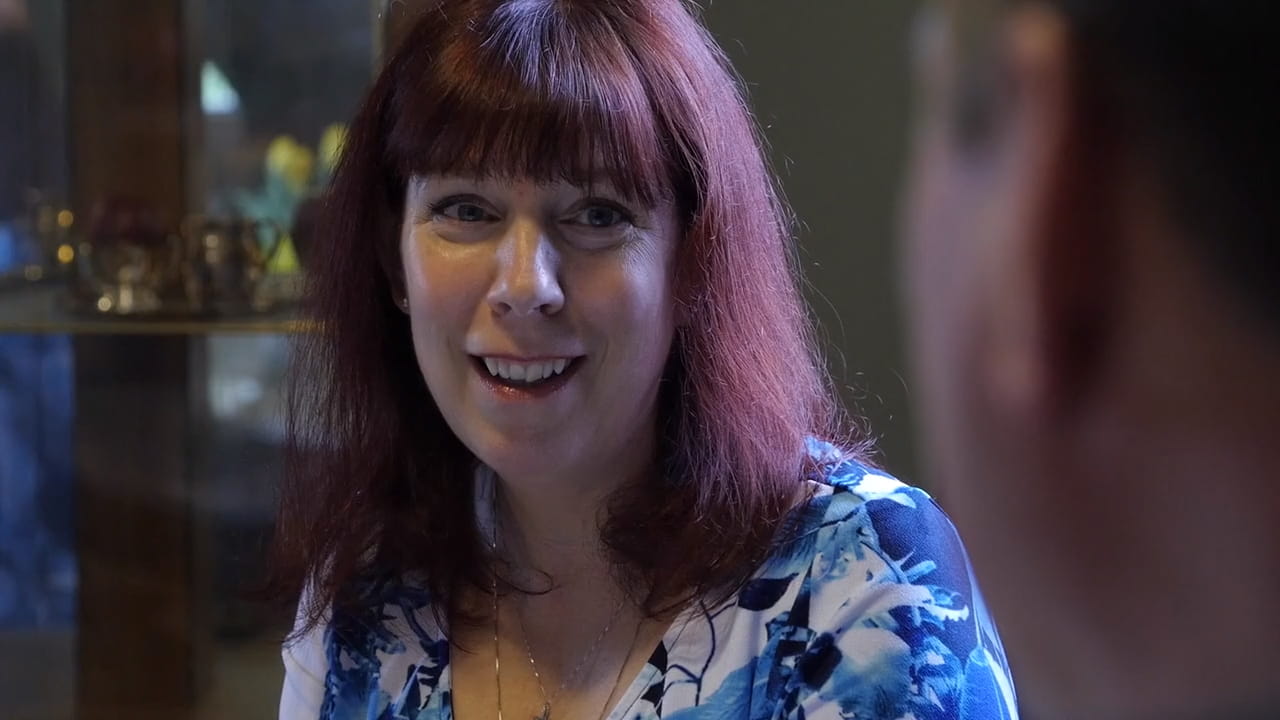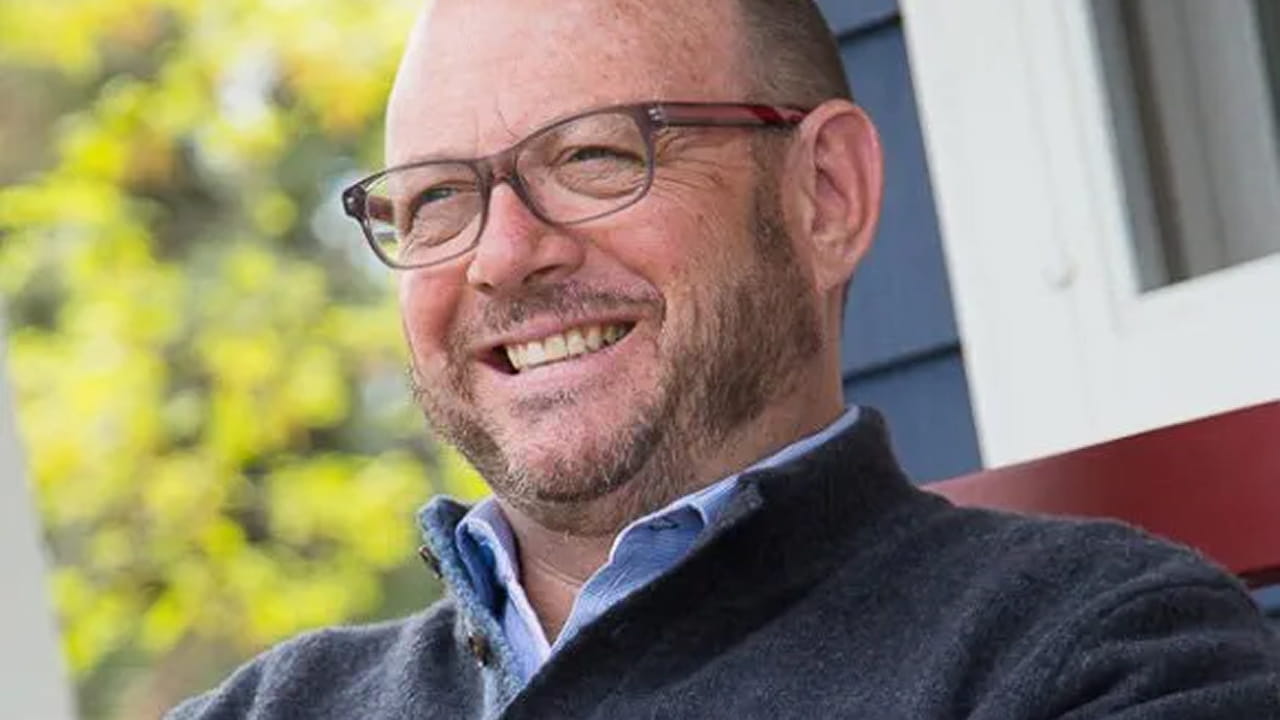THE COLOGUARD® TEST: PATIENT REVIEWS
Changing lives, one test at a time
To be able to share these stories is our biggest mission and our greatest gift.
“It's important for me to get the word out there, hopefully alleviate some of the stigma, and make these conversations commonplace.”
Tim
REAL PEOPLE, REAL STORIES
Voices of strength, courage, and hope
“Five days later there’s this box at my door. It’s so easy...I just want people to get screened.”
Meghan
“The Cologuard test took the pressure off of screening for colon cancer and was a total blessing for me.”
Yla
“I want to let people know that even if you’re feeling perfectly fine, there’s a reason why these timely detection recommendations from doctors are in place.”
Katie

“I went and got screened, and thank goodness I did. Here I am 5 years later – cancer free.”
Dorothy
“I really trust my health care provider. He believes in Cologuard, and he made me a believer, too.”
Scott C.

“You have a choice to either, in my mind, curl up in a ball and stay in a dark room, or become part of a greater solution.”
Scott
Knowing, healing, and surviving
start with getting screened

“This wasn’t about me alone. I am a husband. I am a father. I am a son.”
Randy
“Cologuard is such a great place to start because it’s so easy.”
Anne

“I can give back with so much reward. I’m proud of my journey…because I’m a colon cancer survivor.”
Lynn

“You shouldn't fear screening, you can't have that attitude. You've got to stay on top of things.”
Elaine
